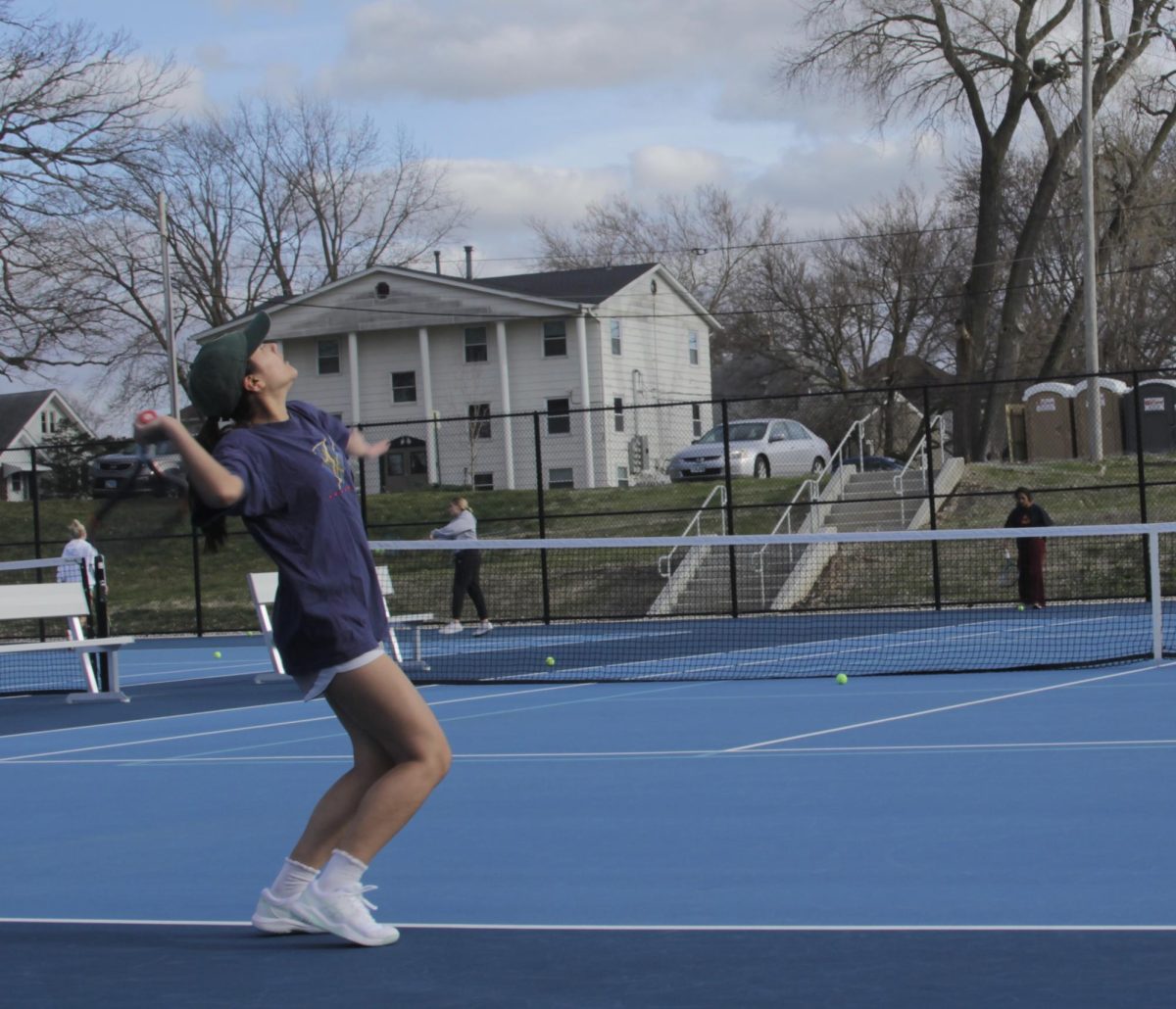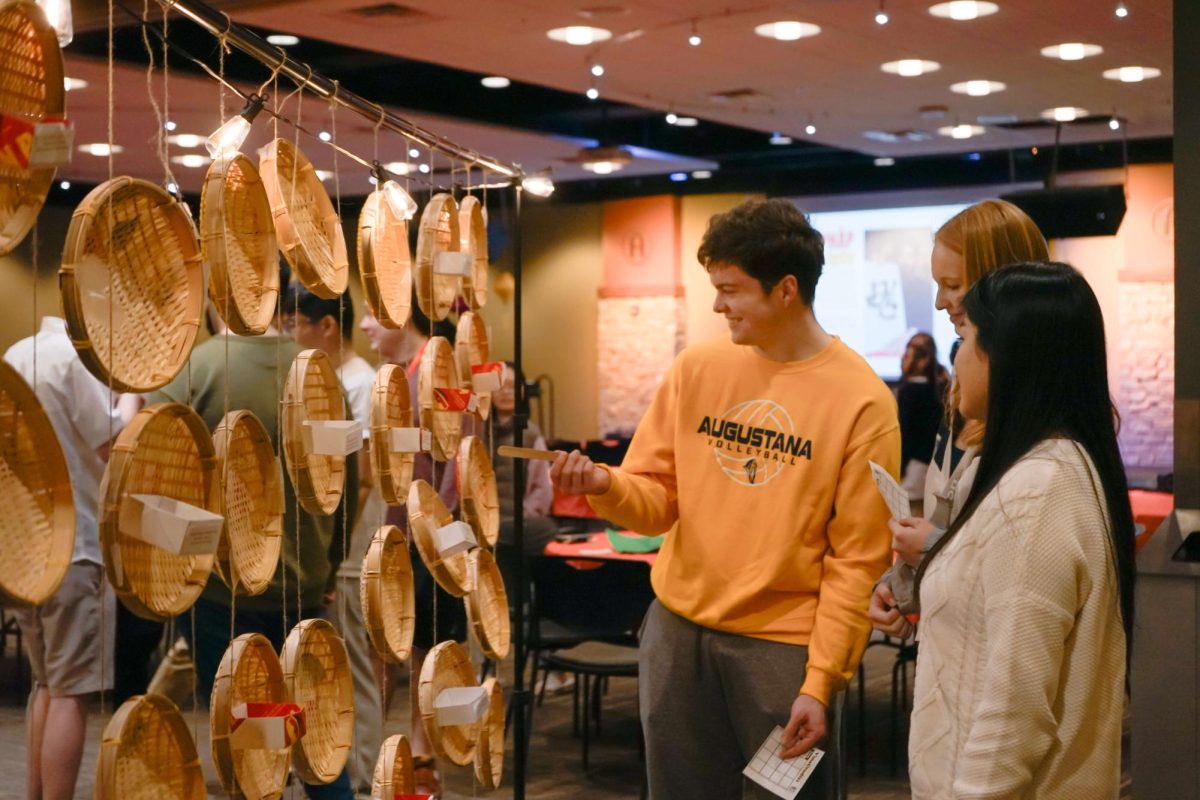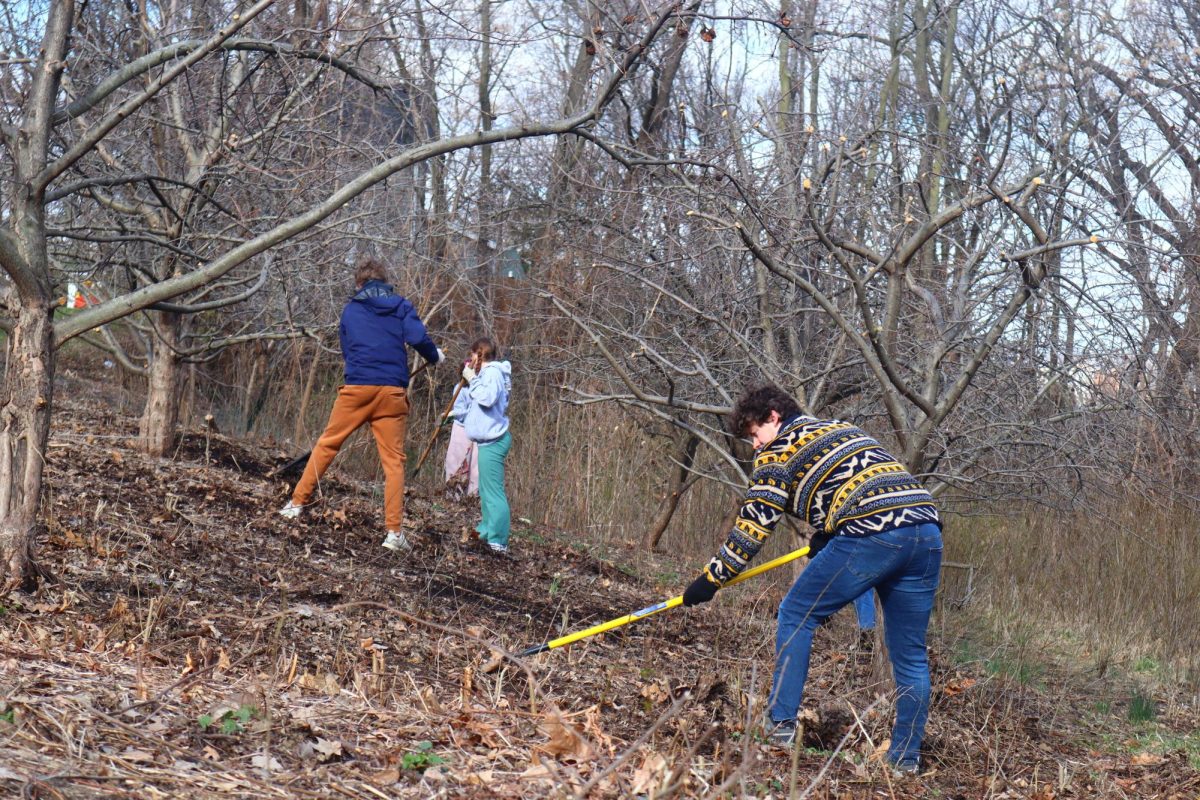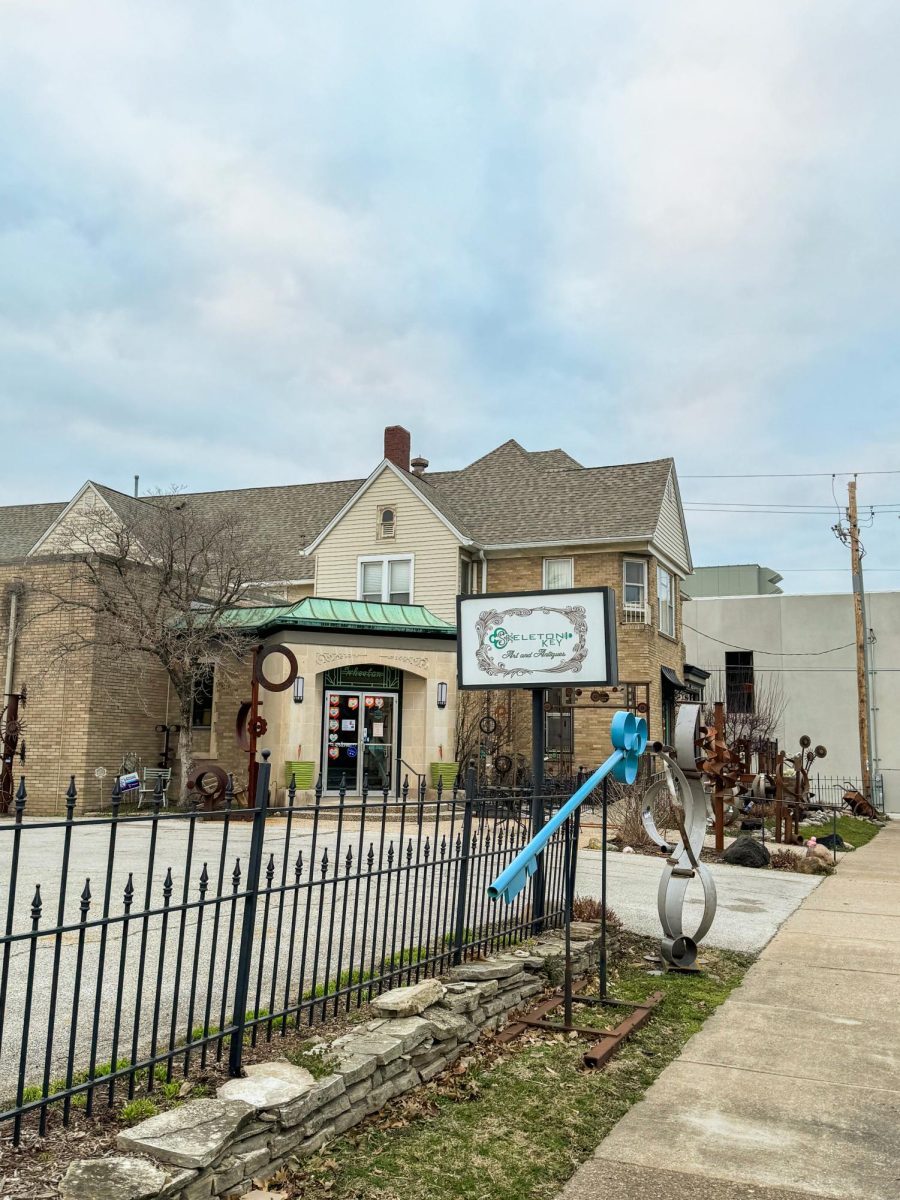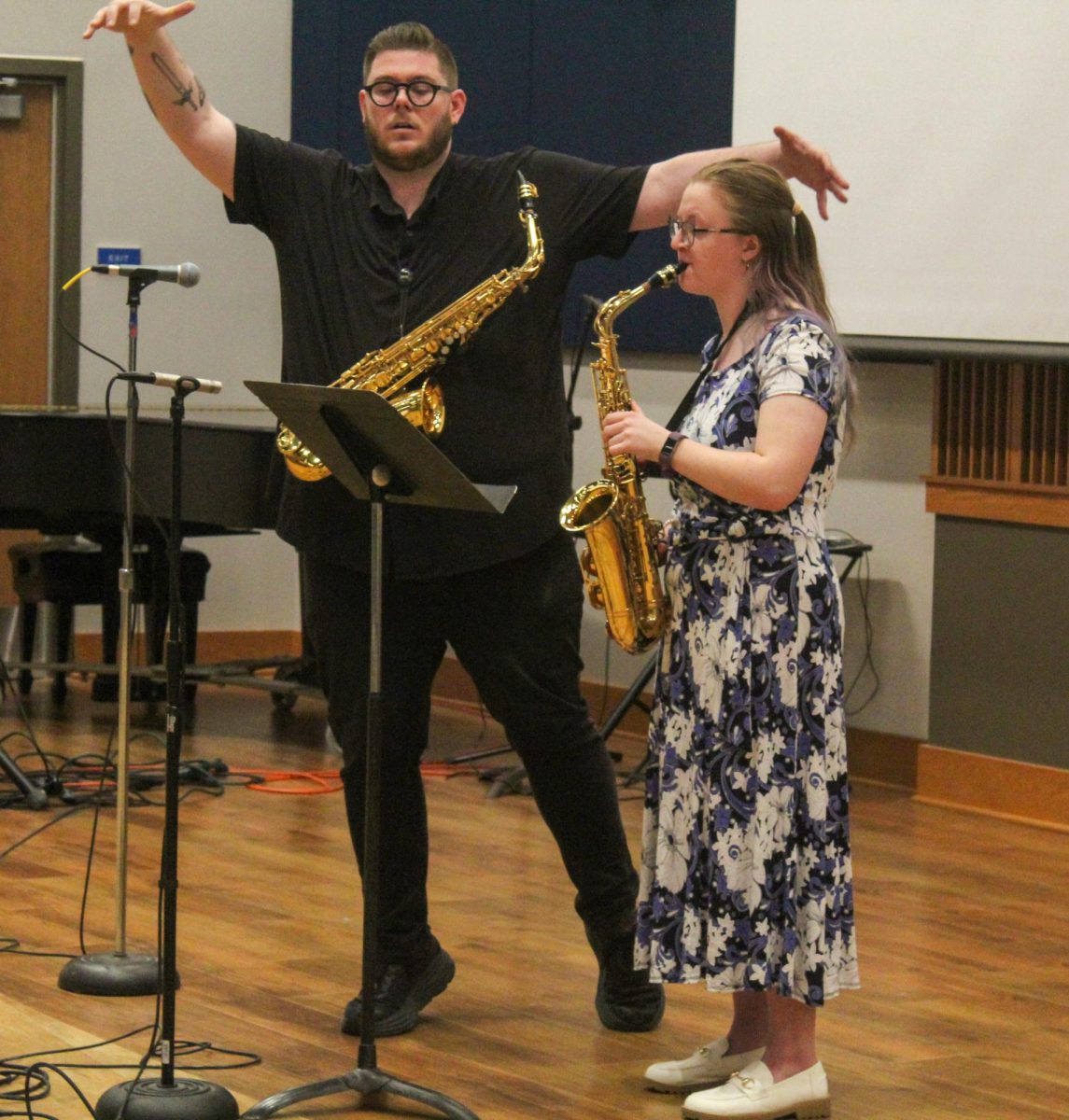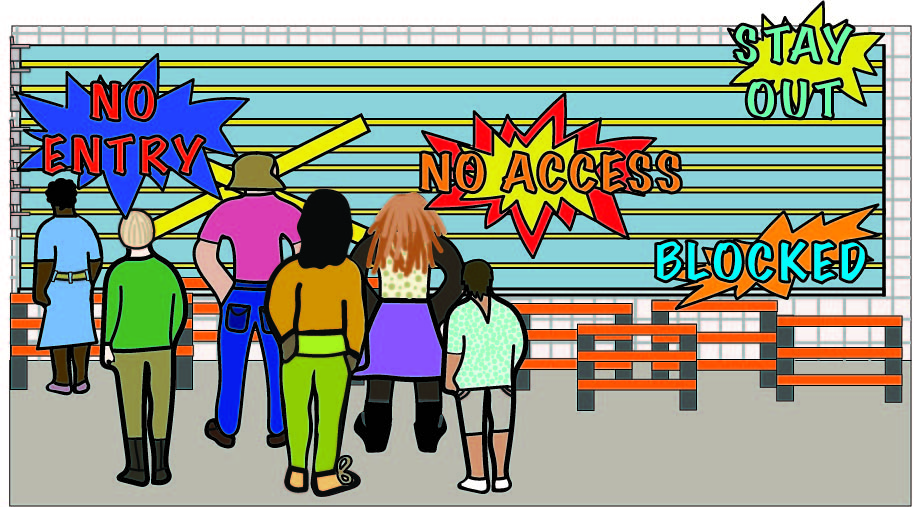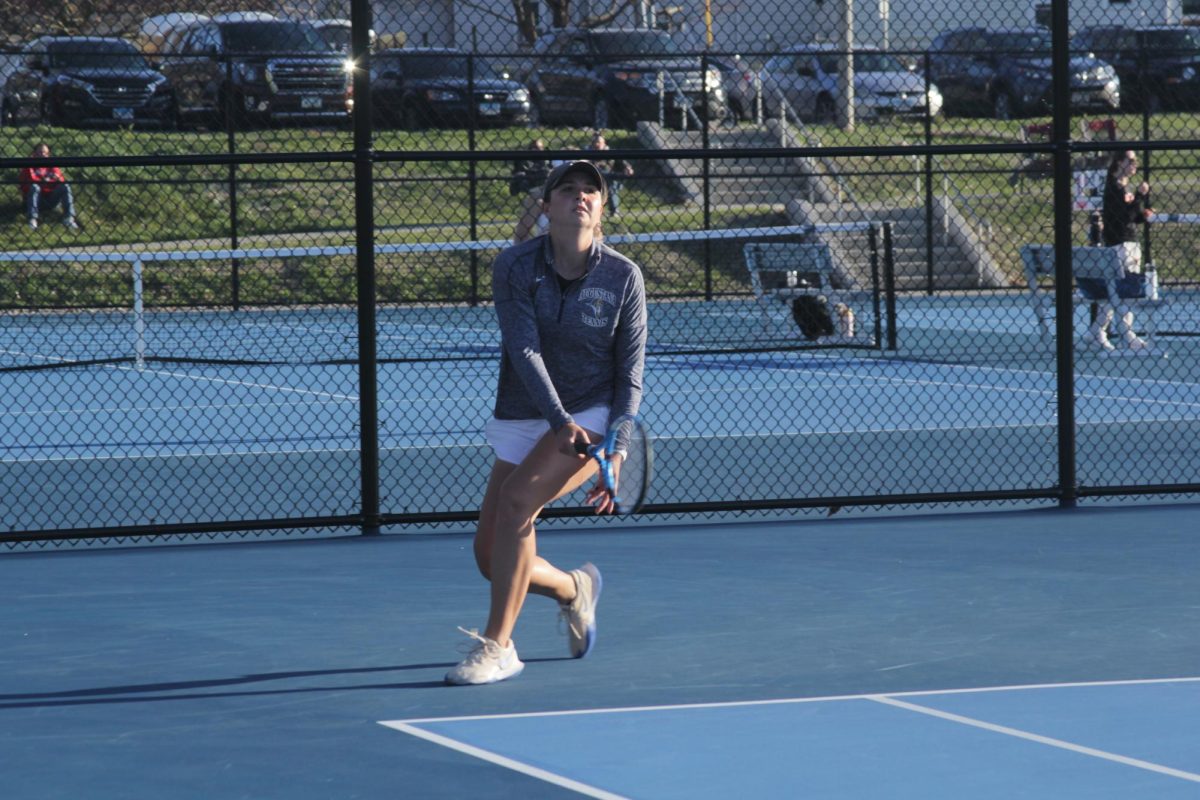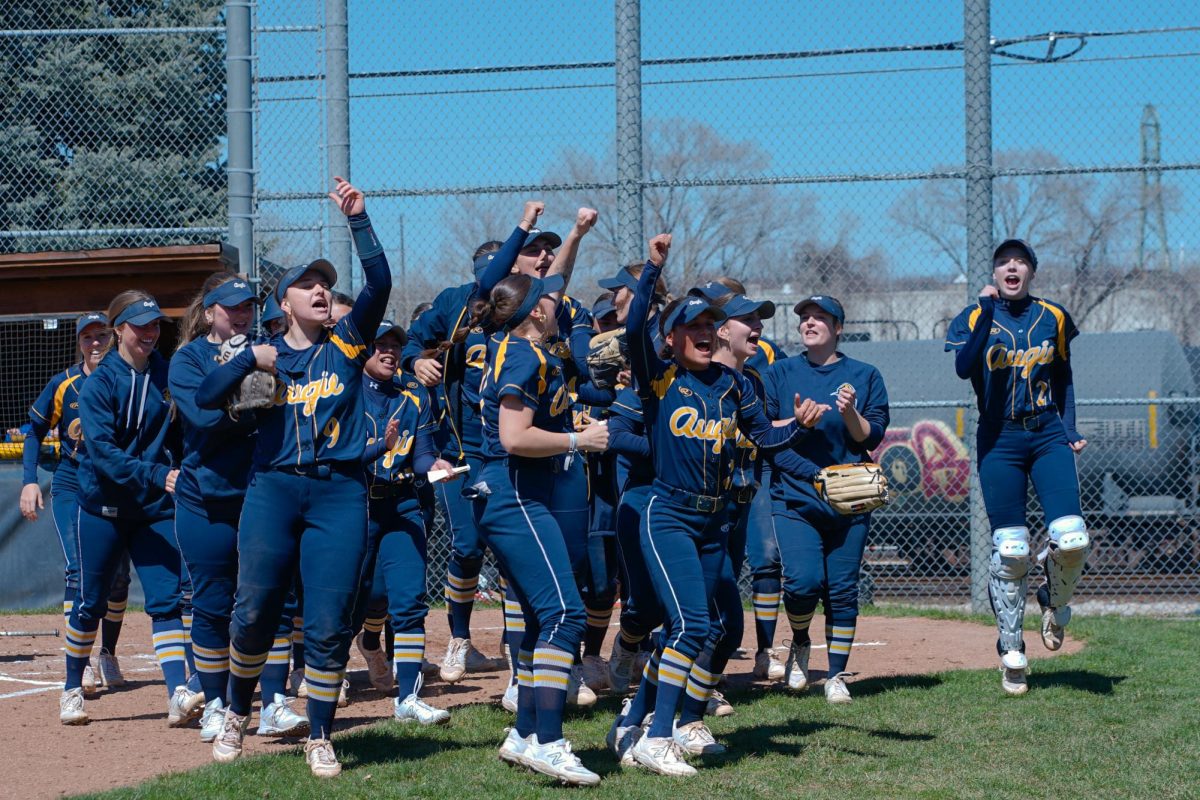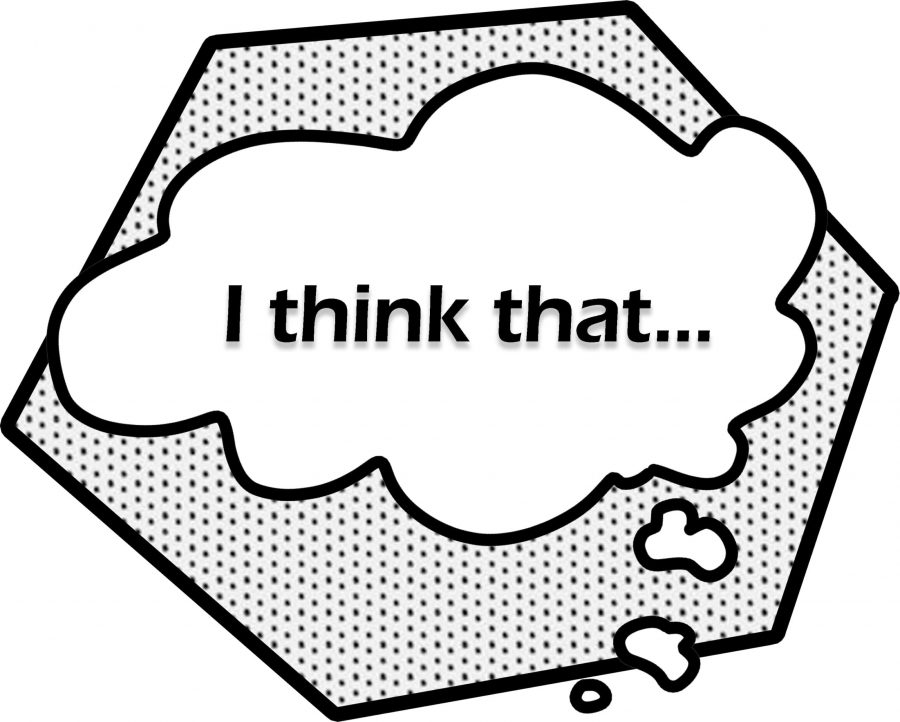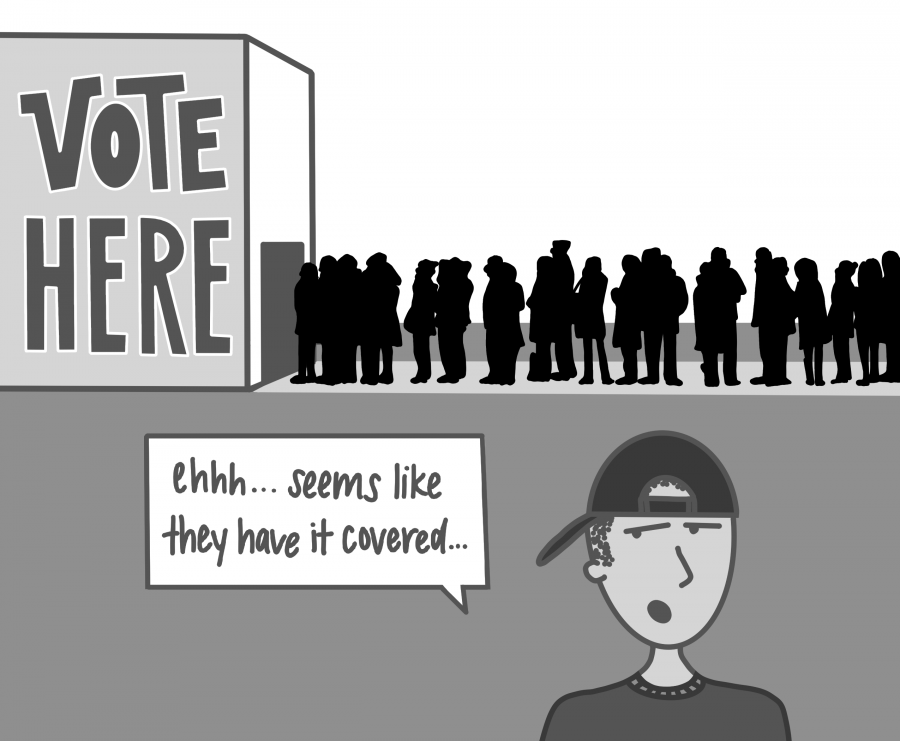The Voting Rights Act (VRA) of 1965 made it illegal to deny the right to vote based on race. It was passed by President Lyndon B. Johnson, a Democrat. The VRA was then expanded in 1983 by conservative hero President Ronald Reagan. The bill has been supported on a bipartisan basis, but today, a record number of restrictive voting bills have been proposed in state legislatures across the country.
This dangerous trend makes it even more imperative that Congress passes H.R. 1, also known as the ‘For the People Act’.
On March 3, the House passed H.R. 1 along strict party lines. It now faces an uphill battle in the Senate, where a 60-vote supermajority is required to pass it given the filibuster, which allows a minority to block a bill from even being voted on.
Republicans, meanwhile, are still swinging at the well-beaten windmill of systematic voter fraud, which does not exist. As of February 13, 253 bills that aim to restrict voting access have been either pre-filed or introduced in state legislatures.
While national attention has been on Georgia’s new voter suppression laws, Iowa Governor Kim Reynolds signed her own set of restrictive voting laws into effect. The new laws cut Iowa’s early voting period and force polls to close an hour earlier on Election Day.
Where previously the polls would close at 9 PM, now they will close at 8 PM. And the early voting period which used to be 29 days is now down to 20 days. Absentee ballots must also arrive by the time polls close, otherwise they will be thrown out.
Let there be no mistaking who is impacted. People who can get out of work early to vote are not being targeted. The disproportionate impact will be felt by people who work long days, who do not have adequate childcare set up, who simply lack the luxury of having a flexible schedule. These are the people who may have relied on that extra hour, who need a longer early voting period so that they can fit a trip to the polls into their day. These are the people who need the flexibility of sending in an absentee ballot or having someone deliver it on their behalf.
States have also been cutting the number of polling places. This means that people, especially those in rural areas, may have to travel farther to vote which can make the difference between them voting and not voting.
Fewer polling places mean longer lines. And while many may be able to afford the time to stand in a line, others cannot. The impact has been disproportionately felt by Hispanics and African-Americans. According to a 2018 report by the Brennan Center, Hispanics waited in line 46 percent longer than Whites, and African-American voters waited 45 percent longer.
The reason why we have seen massive cuts to polling places is because of a 2013 Supreme Court decision Shelby County v. Holder which invalidated Sections 4b and 5 of the Voting Rights Act. Combined, the two sections imposed a preclearance requirement on districts with a history of voter suppression based on race. In order to pass a voting law, the district had to prove that it lacked the purpose or effect of negatively impacting the right to vote because of race. By declaring preclearance unconstitutional, states suddenly had the ability to pass voting laws without the permission of the federal government.
As of 2018, in the areas that had been subject to preclearance, there were 1,173 fewer polling places than in 2014.
This really ought not to be a political issue. The very fact that there are Americans who would try to restrict the number of people who have access to our democratic system is sickening. There is nothing as un-American than voter suppression. Throughout our country’s fraught history, some of the brightest moments have come when more Americans have been permitted to vote.
The ‘For the People Act’ is the most important piece of legislation being considered right now. The bill would make national elections consistent across the country. This is an important step to fight against efforts to restrict voting.
The bill would also ensure that all eligible voters are able to vote in a timely, convenient fashion. and would do away with congressional gerrymandering. Gerrymandering is the political process where the party in power has outsized control in deciding how districts are drawn. Partisan gerrymandering is an anti-competitive practice that allows politicians to choose their voters by drawing their district to ensure a favourable outcome.
Expanding and protecting voting rights should be our top priority. Nothing else matters if our democratic system is not open to all Americans. No other issue will matter unless we have the power to choose our leaders.
Inform your own opinion:
What is in H.R. 1? – Vox
More on Shelby County v. Holder – Oyez
The VRA is still being challenged in the Supreme Court – Vox
New voting laws in Georgia – AP
For all the people
March 31, 2021
Leave a Comment
More to Discover


